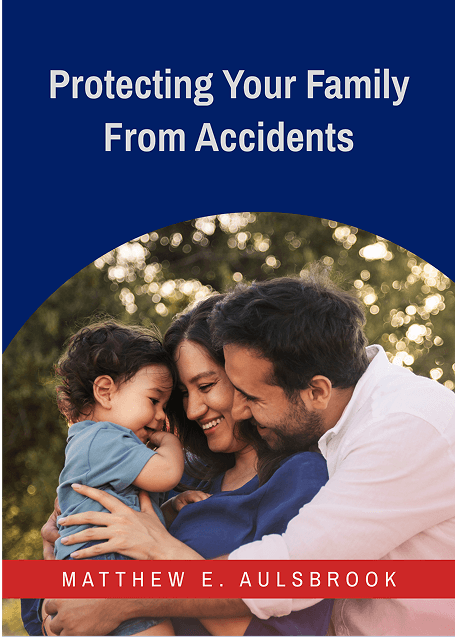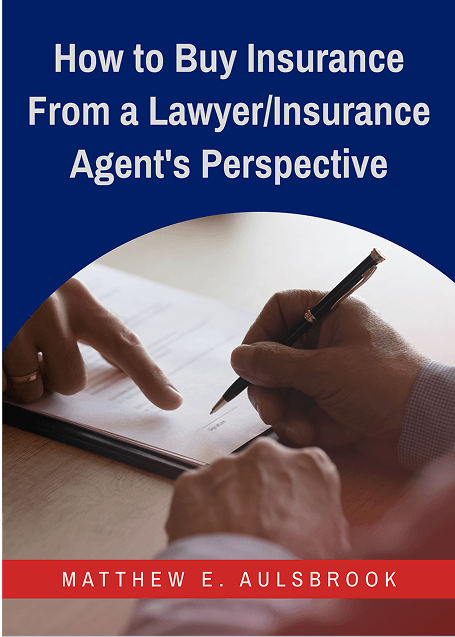Every brain injury has the potential to be severe and lead to lifelong harm; therefore, getting immediate medical attention after head trauma is essential. Sadly, medical attention is not always enough to combat the effects of the injury. Since brain injuries can develop or worsen over time, seeking additional medical treatment, even if the doctors initially clear you after an incident, provides proof of the injury.
Any trauma to the head can cause a traumatic brain injury (TBI). These injuries are worse than others since they can impact your judgment and ability to reason. When another person is responsible for your injury, enlisting the help of a skilled catastrophic injury attorney is vital to protecting your legal rights. A Southlake traumatic brain injury lawyer could help you collect the medical evidence to prove your injury and demand the compensation you deserve.
What Are Brain Injuries?
Doctors classify brain injuries in three ways: mild, moderate, and severe. Mild TBIs only cause mild symptoms, such as headaches, nausea, and dizziness that lasts only several days. On the other hand, moderate and severe TBIs often lead to significant disabilities, reflecting permanent brain damage and loss of motor function. Sometimes, these injuries are fatal.
The more severe the injury, the easier to prove in a claim. While detecting these injuries through CT scans or MRIs is easy, it is often more detrimental to the injured person when their injury is minor—although the injured person may need multiple imaging tests to reveal the extent of an injury.
Some signs of a brain injury are obvious. For example, headaches, dizziness, confusion, cognitive impairment, leaking clear fluid from the nose or ears, seizures, memory problems, speech problems, or loss of consciousness could indicate severe damage. Other indicators of a brain injury could include:
- Nausea and vomiting
- Muscle weakness
- Irritability or depression
- Fatigue
Symptoms vary tremendously depending on the injury; however, in many cases, these injuries completely change personalities, impacting the injured person’s ability to perform self-care and other normal functions. A dedicated attorney in Southlake could evaluate the injured person’s medical records to determine the seriousness of their brain injury.
Mild Brain Injuries
Routinely ignoring mild TBIs was relatively common in the past; most people did not understand that seemingly minor head trauma could have lifelong consequences. This information has only become mainstream due to a few well-publicized incidents of cumulative concussion damage in football players. Often, people ignored mild concussions and did not seek treatment even when they showed signs of a potentially serious injury. Now that people are more aware of the dangers of head injuries, they are more likely to seek treatment after getting hurt.
Recovering Damages
Getting medical care means financial expenditures. Although it may not seem like a concussion is a valid reason to file a claim or a lawsuit, the injured person could potentially recover these damages. Missing work and losing pay could also necessitate a legal claim.
Experiencing more extended recovery periods or symptoms could persuade the injured person to file a lawsuit. A knowledgeable lawyer in the Southlake area could determine whether a claim is viable given the circumstances of a TBI.
Southlake Traumatic Brain Injury Lawyer Near Me (817) 775-5364
Reach Out to a Traumatic Brain Injury Attorney in Southlake
TBIs are challenging to diagnose. Many patients are misdiagnosed immediately following an accident and may not develop symptoms until several days after the event, making recovery more complex. Therefore, retaining a lawyer who understands the law and the complexities of brain litigation is crucial to the success of your case.
Our legal representatives know the questions to ask and the steps to take to preserve your rights. Schedule a consultation with a Southlake area traumatic brain injury lawyer today to schedule your consultation.












